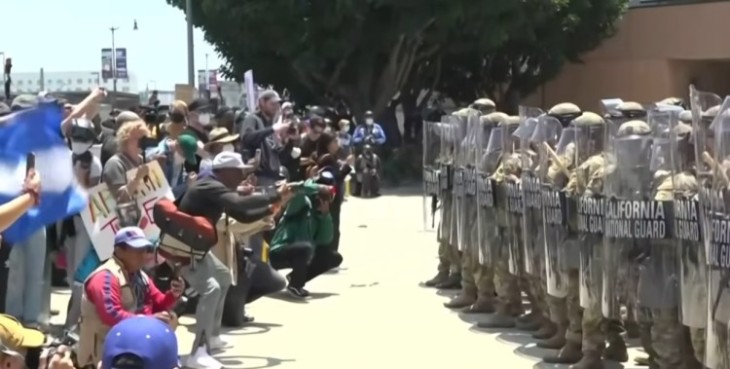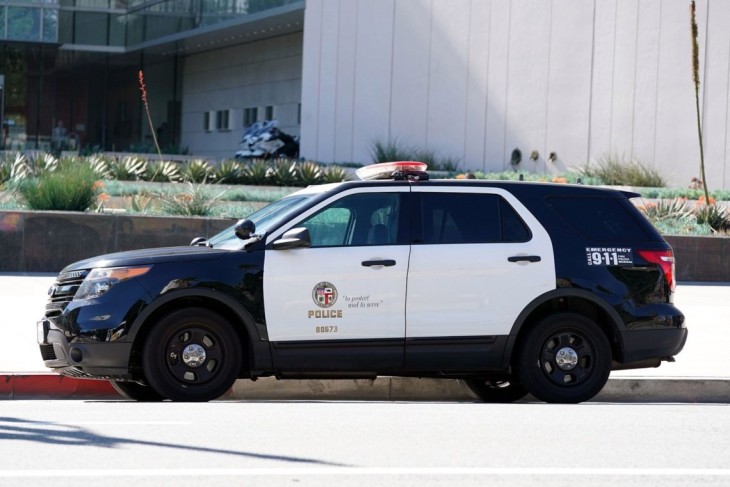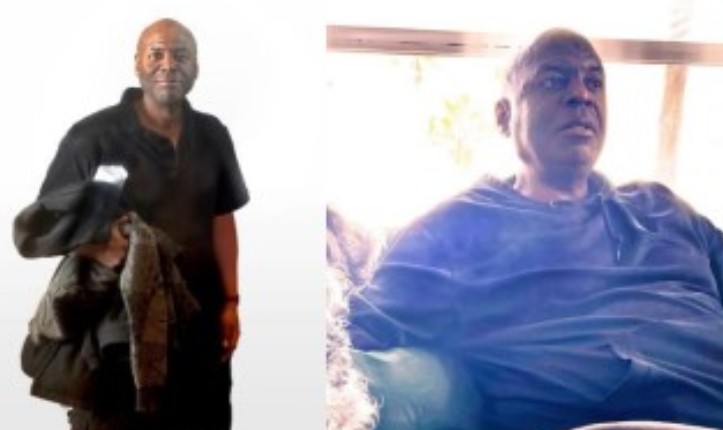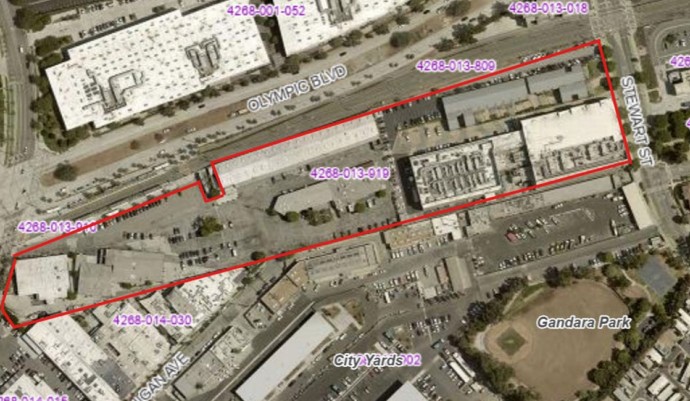After months of campaigning, fundraising, and reporting endorsements, the first major leg of the 2014 midterm elections arrives on June 3. The first Tuesday of June is when California holds its primary elections across the state. Here in Santa Monica, a few major seats are up for grabs.
Specifically, two seats feature a logjam of candidates seeking to succeed men retiring from their respective offices after a combined 60 years of service.
Though polling stations will be open June 3, several voters will be submitting their respective choices for federal, state, county, and local offices via absentee ballot. In fact, absentee ballots are already in the homes of about 1.4 million voters across Los Angeles County, according to the Registrar’s office.
Statewide, all major elected positions, including governor, lieutenant governor, and secretary of state, are all up for election. More than a dozen candidates are seeking to unseat Jerry Brown from the governor’s chair in November.
Locally, there are four races of note directly impacting Santa Monica residents: Congressional District 33; State Senate District 26; State Assembly District 50; and, County Supervisor District 3.
The two most heated battles are in Congressional District 33 and the race to succeed Zev Yaroslavsky as a County Supervisor.
On the federal level, Henry Waxman announced he is retiring from the 33 rd Congressional District after 40 years in Washington, D.C. A field of 18 candidates seeks to succeed him and claim one of the most coveted congressional seats in California. Only two candidates will advance to the Nov. 4 election.
Candidates include Elan S. Carr, Vince Flaherty, Tom Fox, Lily Gilani, James Graf, Wendy Greuel, Mark Matthew Herd, Kristie Holmes, David C. Kanuth, Ted Lieu, Matt Miller, Kevin Mottus, Barbara Mulvaney, Zein E. Obagi, Jr., Michael Ian Sachs, Michael Shapiro, and Marianne Williamson.
In the race for County Supervisor, eight candidates are battling it out for the chance to succeed Yaroslavsky, who is termed out of office after 20 years of service.
The candidates are John Duran, Douglas P. “Doug” Fay, Yuval Daniel Kremer, Sheila Kuehl, Rudy Melendez, Eric Preven, Bobby Shriver, and Pamela Conley Ulich.
Should any candidate earn a simple majority, he or she will be elected to office. However, if no candidate earns a simple majority, the two top vote getters will advance to the general election and face off against each other on Nov. 4.
There is quite the heated race on the state level, as well. With Lieu seeking to be the region’s next congressman, eight candidates are gunning to succeed the Torrance legislator and represent Santa Monica in Sacramento.
Running for the 26th State Senate seat are: Ben Allen; Barbi S. Applequist; Betsy Butler; Sandra Fluke; Amy Howorth; Vito Imbasciani; Seth Stodder; and, Patric M. Verrone.
The sole incumbent seeking reelection in his own district is Assemblyman Richard Bloom, who is seeking a second two-year term to represent Santa Monica in the lower chamber of the State legislature. Bloom is facing off against Republican Bradley Torgan; both candidates will advance to the Nov. 4 ballot.
There are also two statewide propositions on the June 3 ballot. These two propositions will not be on the November ballot, so the final vote for the initiatives would be final.
Proposition 41 – Whether or not the State should sell $600 million in new general obligation bonds to fund multifamily housing for low-income veterans. Since the obligation bonds would be repaid with state tax revenue, any housing built under this proposition would be done so with taxpayer money.
This bond would fund construction, renovation, and acquisition of affordable multifamily housing. The target audience is veterans who have families and earn less than 80 percent of the average family income proportional to family size and county. Homeless veterans would also be included in this program.
Proposition 42 – If approved, the State Constitution would be amended to require local governments to comply with laws providing for public access to local government body meetings and records of government officials. Any costs associated with complying with public records laws and the Brown Act would be eliminated should this proposition pass.
Essentially, if Proposition 42 passes, local governments would be required to keep up with providing access to meetings such as city council, school board, and other public entities under the Public Records Act and Brown Act, but the State would not be responsible to reimburse local governments for any costs associated with keeping up with both laws.






















